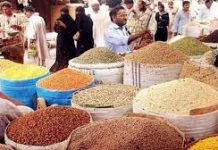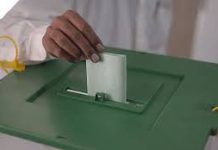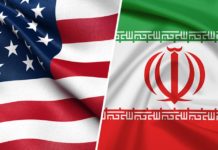By Muhammad Luqman
Competition Commission of Pakistan (CCP) has recommended a competitive pricing framework for both indigenous and imported Liquified Petroleum Gas (LPG) to create a level playing field, and the monitoring of land imports to prohibit black economy and the import of substandard LPG.
In a recently prepared draft competition assessment study of this fuel sector, the CCP has put forward solid recommendations for the government to introduce policy reforms, remove regulatory barriers, and put in place a competitive LPG pricing framework to create a level playing field and promote competition in the sector.
According to CCP spokesperson, other key recommendations in the study include establishment of quality lab for testing of LPG through the land route, stringent qualification criteria for awarding LPG marketing license, prohibition and strict penalty for illegal activities of cross filling and decanting, monitoring of LPG dealers by OGRA or any third party nominated by OGRA.
In addition, prohibition and check of substandard LPG cylinders manufacturing facilities and their use by LPG dealers and end consumers are also essential to improve the situation. The study also proposes an LPG subsidy program for the poor domestic households to uplift them out of poverty and to improve their standard of living coherent with the Sustainable Development Goals (SDGs) of the Government.
The study recommends to the government to remove the above ambiguity by undertaking proper assessment of demand in consultation with the private sector and the sector regulator. It also recommends to rationalize the GST and import duties on LPG.
Strategic and other barriers include substandard LPG import through land route, under invoicing, use of hundi and hawala system in LPG import through land route, no LPG quality testing lab for land imports, issues of decanting and cross filling, use of substandard cylinders, illegal use of LPG in public service vehicles (PSVs) and anti-competitive and illegal business practices carried out by LPG dealers.
Based on the data analysis through questionnaires, industry reports, international best practices, and meetings with relevant stakeholders, the study recommends the removal of regulatory barriers created by contradictory clauses 3.4.3 and 3.5.1, amendment in section 3.6.9 in the LPG Policy, and amendment in Public Procurement Rules, 2004 for ease in importing LPG by public sector companies.

Competition assessment of the LPG sector shows various barriers to entry and expansion that restrict/reduce and distort competition in the sector at various levels. Natural barriers include high capital and financial requirement in the upstream LPG production/extraction, illiquid market, and seasonal fluctuation in LPG demand, while regulatory barriers arise due to certain contradictory clauses in the LPG Policy, 2016.
Under Section 3.4.3 of the LPG Policy, public sector companies will import LPG to meet the domestic demand as per the quantity decided by the Federal Government. Whereas, Section 3.5.1 of the same Policy contradicts this section by allowing any party having valid OGRA marketing license to import LPG. Since there is no petroleum levy and there is lower GST on LPG import, the private sector find it profitable to import LPG without the need/demand assessment. Additionally the gains of the importer in the form of a better imported LPG price is not passed on to the end consumer, as the marketing companies match the indigenous LPG price.
The CCP is mandated under Section 28 of the Competition Act, 2010 to conduct studies for promoting competition in all spheres of commercial and economic activity. The draft study on the Liquefied Petroleum Gas (LPG) sector has been uploaded on CCP’s website for soliciting public comments within 30 days.















